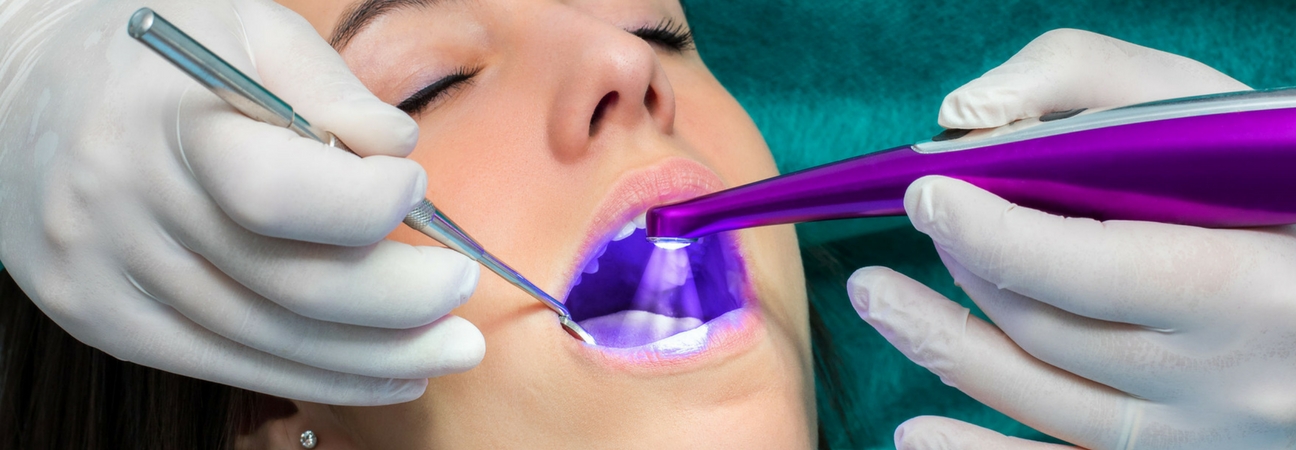
Ensuring a healthy smile for your child begins with early teeth correction. At Wilson Pediatric Dentistry, we understand the value of addressing orthodontic concerns as soon as possible. Early intervention not only improves your child’s smile but also supports their long-term oral health, speech, and confidence.
The Benefits of Early Teeth Correction
Early teeth correction helps identify and address potential orthodontic issues before they worsen. Problems such as crowded teeth, misaligned bites, or abnormal jaw growth can be corrected more efficiently during a child’s formative years. When treated early, these issues often require less invasive treatments, reducing overall discomfort and saving time and money in the long run. Furthermore, early correction supports proper oral hygiene by preventing overcrowding and misalignment, which can make brushing and flossing more difficult.
Focusing on early teeth health and alignment helps improve speech development and prevents further complications with chewing and eating. When children feel proud of their smiles, they tend to develop stronger self-esteem, which can positively influence other aspects of their lives.
How Wilson Pediatric Dentistry Can Help
At Wilson Pediatric Dentistry, we specialize in tailored solutions for your child’s unique orthodontic needs. Our experienced team uses advanced techniques to diagnose and treat a variety of dental problems, ensuring that your child receives expert care. From interceptive orthodontics to monitoring teeth and jaw development, we design personalized treatment plans that fit your child’s needs and comfort.
We make it easy for parents searching for a dentist near you or a dentist near Greenville, NC to access exceptional pediatric dental care. Our welcoming office environment, compassionate staff, and cutting-edge technology ensure your child’s visit is both effective and comfortable.
Secure Your Child’s Healthy Smile for the Future
Take proactive steps to support your child’s smile and overall oral health. Early teeth correction plays an essential role in preventing future dental issues, improving their confidence, and contributing to their overall well-being. At Wilson Pediatric Dentistry, we specialize in personalized orthodontic care tailored to meet your child’s unique needs. From correcting alignment issues to ensuring proper jaw development, our team is here to guide you every step of the way. Schedule a consultation today to explore the best options for your child’s orthodontic care. A healthy, confident smile starts here.



